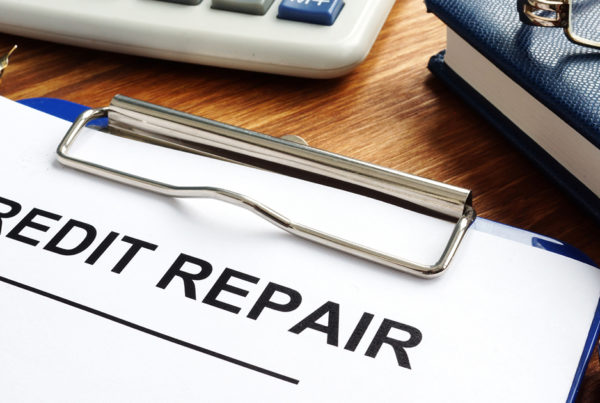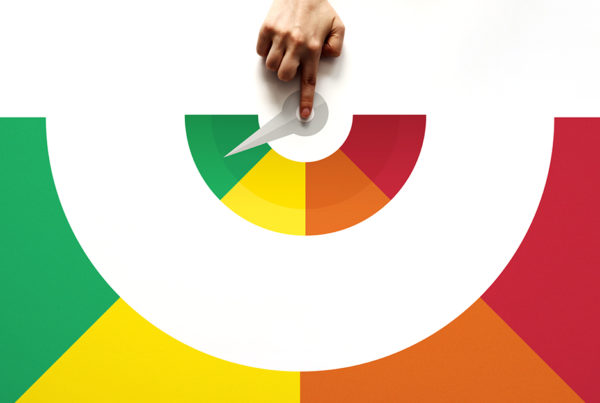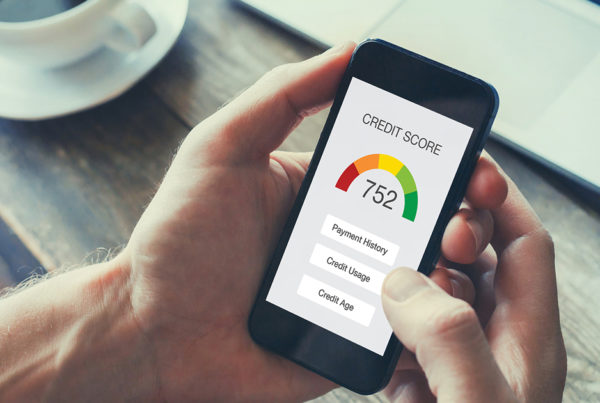Graduating high school is a big deal and a significant accomplishment. You’re likely thinking about what the future may hold and may have a lot on your mind like getting a job, pursuing higher education or starting a family one day. Graduation is a joyous time and also a time to get serious about your future.
One topic that should be top of mind for you as a high school grad is building your credit and figuring out how to get a credit score. Why, you may ask? It’s because there’s a good chance someone’s going to want to check your credit for any number of reasons once you’re looking for an apartment or house or wanting to buy a new car.
Always Make Payments on Time
Want to know how to get a high credit score? Commit to never paying late or missing payments. These types of mistakes and actions will delay any progress you’re making.
Even one missed payment can have a significant impact on your score. You can grow your score over time when you avoid missing payments. It may help to set up payment reminders on your phone for all your bills so you don’t forget. Or, even better yet, set up automatic payments directly from your Verve account so you don’t even have to think about it.
How long does it take to get a credit score? It can take up to three to six months of regular credit activity before you receive a score and start to build your credit.
Open a Credit Card
One tip for how to build your credit as a high school grad is to open a credit card. It’s an ideal way to build your credit. You’ll be working on building a positive payment history each time you put money toward your card.
Positive payment history and your utilization ratio are two important factors in calculating your credit score, so focus your efforts on these aspects. Take the time to shop around for the best rates when you need a new card as you try to improve your credit.
For many people looking to build their credit, a secured credit card is a good option to get started. With a secured credit card, you’ll need to put up some kind of collateral to ‘secure’ it, like a $500 deposit. This means your credit limit on the card will be $500.
Just like with any funds you borrow, it is important to only charge expenses to your credit card that you can easily pay back. If you are not able to pay your balance off every month, while making your payment on time will help improve your score, you will be paying more through interest charges.
Maintain a Low Balance
Another tip for how to get a credit score and improve it as a high school grad is to avoid maxing out your cards. Use your cards regularly but also wisely. It might be tempting to spend money once you have your card in hand but maxing it out will cause your credit utilization ratio (amount of available credit you’re using) to increase rapidly.
You can calculate your credit utilization ratio by dividing the total of all your credit card balances by the total of all your credit limits. Your utilization rate will be higher, the higher your balances. Experts recommend keeping your utilization rate under 30%. Consider using your debit card for most purchases and designating your credit card for a specific type of purchases, such as online subscriptions or paying for fuel for your daily commute, to help you keep your utilization rate lower.
Monitor Your Credit Reports and Scores
You can build and improve your credit by checking your credit reports and scores regularly. You should be checking for errors and inaccurate information that may be bringing down your scores. If you notice anything that doesn’t look correct, you should file a dispute right away.
Checking your credit reports or scores won’t impact your credit scores. However, hard inquiries in response to a credit application will impact your credit score. Consider signing up for free credit monitoring services and check your score each month.
Obtain a Credit-Builder Loan
The sole purpose of a credit-builder loan is to help you build credit. The lender will set aside the amount you borrow in a savings account. Then, you’ll make monthly payments until you pay off your borrowed amount. You’ll receive the loan balance that was set aside by the lender at the end.
The lender is going to report your positive payment history to the credit bureaus, which will benefit you and help you establish and improve your credit score. The terms vary by lender so be sure to read the fine print and details before moving forward.
You now know tips for how to get a good credit score after graduating high school. Want to continue making progress? Check out our advice for how to improve your credit score in 2021.






 Federally Insured by NCUA |
Federally Insured by NCUA |  Equal Housing Opportunity |
Equal Housing Opportunity |